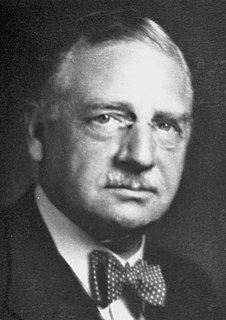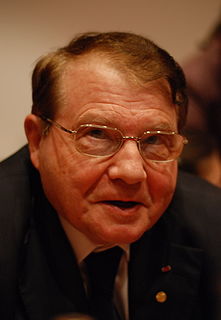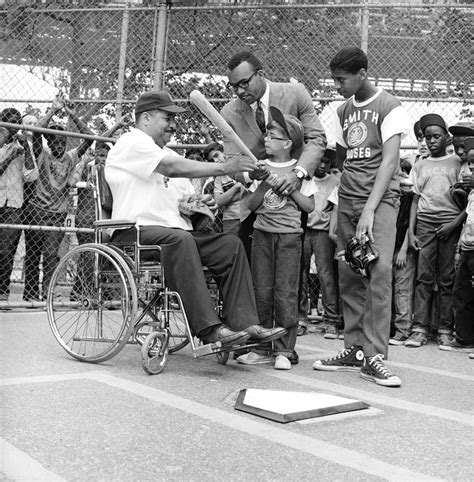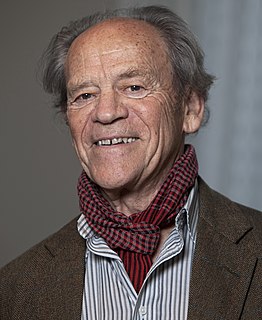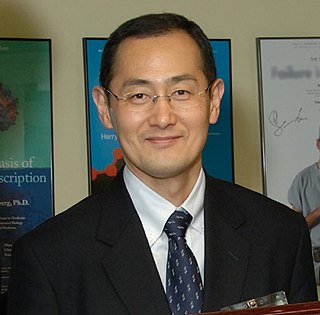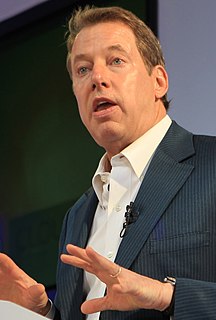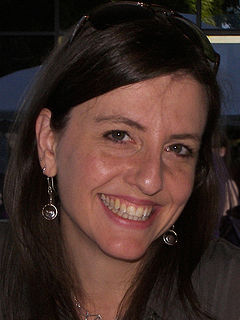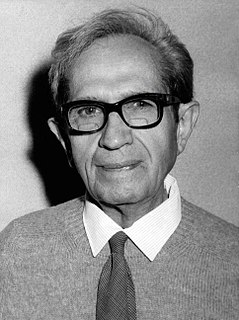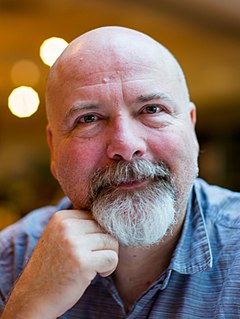Top 1200 Prison Cells Quotes & Sayings
Explore popular Prison Cells quotes.
Last updated on November 25, 2024.
In nerve-free multicellular organisms, the relationships of the cells to each other can only be of a chemical nature. In multicellular organisms with nerve systems, the nerve cells only represent cells like any others, but they have extensions suited to the purpose which they serve, namely the nerves.
Single cells analyze thousands of stimuli from the microenvironment they inhabit. The more awareness an organism has of its environment, the better its chances for survival. When cells band together they increase their awareness exponentially. Division of labor among the cells in the community offers an additional survival advantage. The efficiency it enables more cells to live on less. Evolution is based on an instructive, cooperative interaction among organisms and their environment enables life forms to survive and evolve in a dynamic world.
Most of our brain cells are glial cells, once thought to be mere support cells, but now understood as having a critical role in brain function. Glial cells in the human brain are markedly different from glial cells in other brains, suggesting that they may be important in the evolution of brain function.
Like Honeycrisp, SweeTango has much larger cells than other apples, and when you bite into it, the cells shatter rather than cleaving along the cell walls, as is the case with most popular apples. The bursting of the cells fills your mouth with juice. Chunks of SweeTango snap off in your mouth with a loud cracking sound.
The brain is a tissue. It is a complicated, intricately woven tissue, like nothing else we know of in the universe, but it is composed of cells, as any tissue is. They are, to be sure, highly specialized cells, but they function according to the laws that govern any other cells. Their electrical and chemical signals can be detected, recorded and interpreted and their chemicals can be identified; the connections that constitute the brain's woven feltwork can be mapped. In short, the brain can be studied, just as the kidney can.
We are not taught to fear our politicians, who can debase our currency, throw us in prison and send us to war - but rather we are taught to fear each other. We are taught to imagine that the real predators in this world are not those who control prison cells, national debts and nuclear weapons, but rather our fellow citizens, who in the absence of brutal control would surely tear us apart!
Both in Britain and America, huge publicity has been given to stem cells, particularly embryonic stem cells, and the potential they offer. Of course, the study of stem cells is one of the most exciting areas in biology, but I think it is unlikely that embryonic stem cells are likely to be useful in healthcare for a long time.
There is, on the whole, nothing on earth intended for innocent people so horrible as a school. To begin with, it is a prison. But in some respects more cruel than a prison. In a prison, for instance, you are not forced to read books written by the warders and the governor. . . .In the prison you are not forced to sit listening to turnkeys discoursing without charm or interest on subjects that they don't understand and don't care about, and therefore incapable of making you understand or care about. In a prison they may torture your body; but they do not torture your brains.
Lately, however, on abandoning the brindled and grey mosquitos and commencing similar work on a new, brown species, of which I have as yet obtained very few individuals, I succeeded in finding in two of them certain remarkable and suspicious cells containing pigment identical in appearance to that of the parasite of malaria. As these cells appear to me to be very worthy of attention ... I think it would be advisable to place on record a brief description both of the cells and of the mosquitos.



